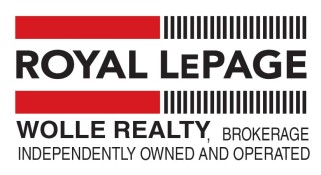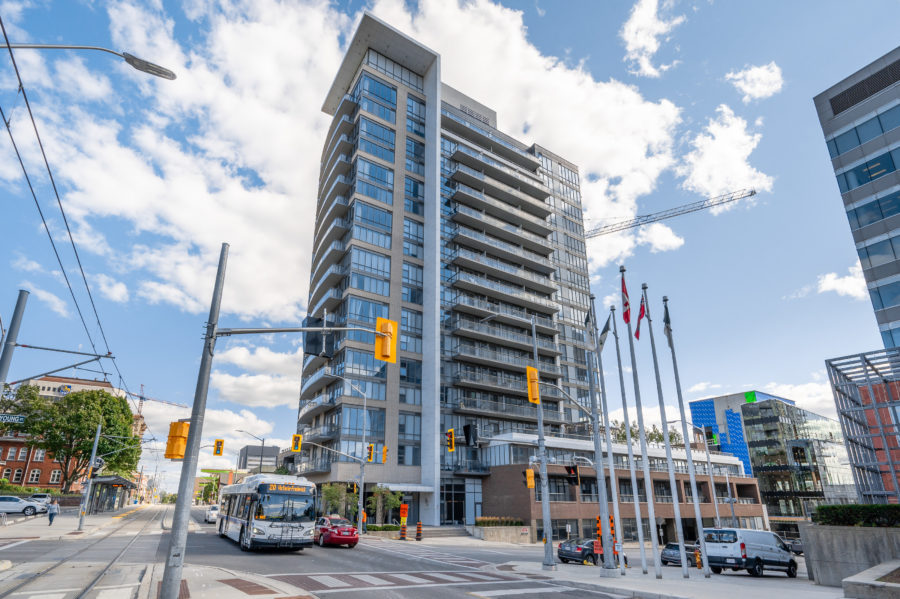The prices for detached homes in Waterloo Region have been escalating at an unprecedented pace. With the extension of low interest rates and pandemic-induced lifestyle shifts, the demand is unlikely to cool off anytime soon. While this has certainly been the cause for some discouragement among buyers looking to enter the real estate market, there is a bright side to this story.
Apartment-style condos have not only avoided the huge jump in price, they have remained stable with significantly lower price escalation. If your goal is to own real estate and a freehold home is currently out of reach, purchasing a condo could be your key to getting into the market and building some equity. The sooner you can start building this equity, the more leverage you’ll have to move within the market over time, and it can be a great stepping stone to realizing your real estate dreams.
What are some of the things you should consider when looking to make an offer on a condo?
What makes condo ownership unique is that it involves a blend of individual and common ownership and responsibility. While you own your specific unit, it is within the structure that is owned and maintained by the condo corporation. So, having a clear understanding of where the responsibilities and unit boundaries fall is critical.
One very important piece to look at is the status of the reserve fund. This is funded by a portion of the monthly condo fees that unit owners pay, and is there to cover repairs, maintenance, and improvements to common elements of the building. This would cover things like paving the parking lot, replacing the roof, updating the elevator, etc. Particularly with an older building or one that could use some repairs, it will be important to see that the reserve fund is healthy. A depleted fund would be a red flag that could suggest capital improvements may not be in the cards for this particular building. In general, a higher value is better, however, it’s important to also understand how much money should be there according to a reserve fund study. A reserve fund study is an evaluation and report conducted by a building engineer that provides a detailed overview of the condition of the common elements, tracks expected time of repair/replacement and estimated costs. The engineer then provides a recommendation for the regular contribution to the reserve fund in order to ensure the corporation has the money needed when the work needs to be completed. If there isn’t enough money in the reserve fund to complete necessary repairs, the condo corporation may need to take out a loan or do a special assessment to acquire the funds. A special assessment is a fee charged to each unit owner in order to cover the cost of these repairs.
You’ll want to have a clear understanding of what common expenses are covered by your monthly condo fees and which will fall to you directly. This will impact not only your monthly budget, but also your expectations of the condo’s management. For example, do your condo fees go towards cleaning of the common areas, security, etc? And, how much of these fees goes towards the reserve fund?
Also, what about repair and maintenance? If something breaks, it’s important to know whose responsibility it is to cover the repair. Typically, anything that requires attention within your individual unit will be your responsibility and anything that relates to the overall property would be up to the corporation, but these are boundaries you’ll want to confirm before you buy.
There are also bylaws and rules that must be followed. Generally, these rules are quite reasonable and are there to ensure the overall enjoyment of the property by all residents. Some common rules/restrictions that can impact some buyers relate to pets, renting of units and the operation of a business from a unit. With the rise of airbnb, many condo boards have added rules for how the unit is to be used, and in some cases, may preclude this kind of use. It’s important to review the rules in advance to ensure that you will be able to use the condo in the way you intend.
Clearly, there are many details to understand when you are looking at condo ownership. But, getting answers to all your questions is not as difficult as it may seem. Details outlining all the rules, bylaws, budgets, details of the reserve fund, and more, are all found in something called a status certificate. This is a document that you should review with your realtor and lawyer before you make a final purchasing decision, and it will answer all these questions about the particular condo you’re considering.
There are some great condo options available in Kitchener-Waterloo, and one of them could be your next KW home!


